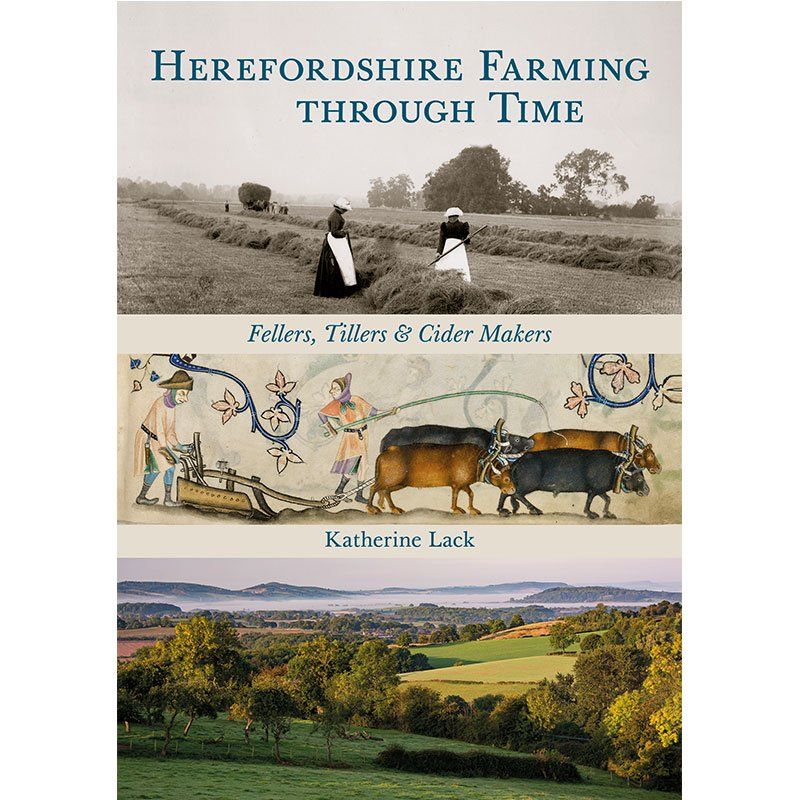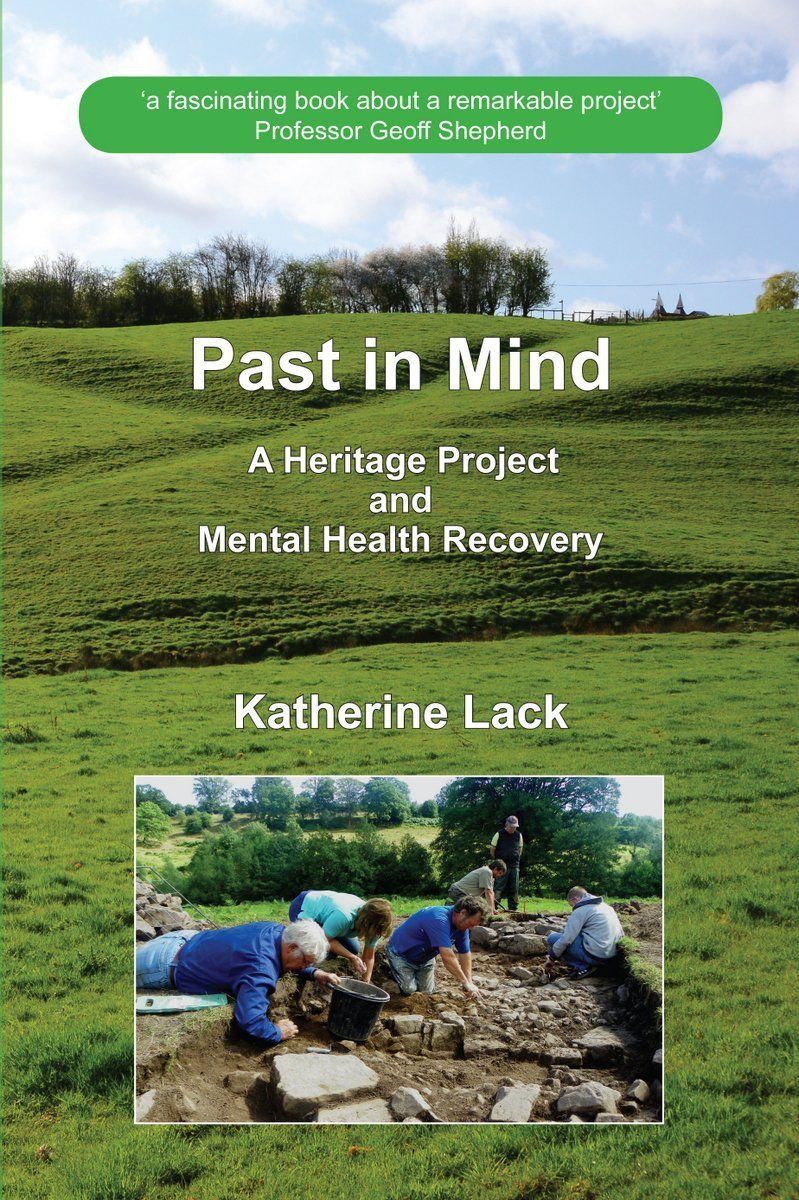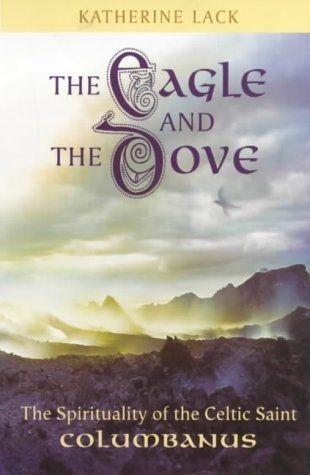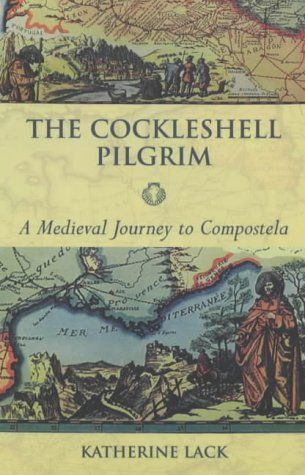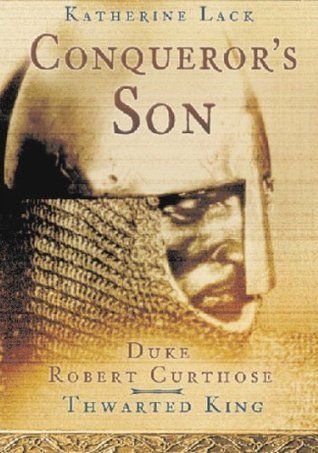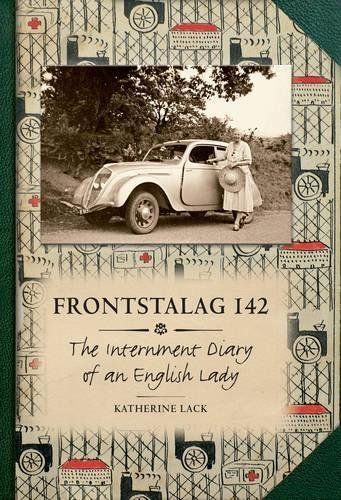Books
Herefordshire Farming Through Time
Despite being home to the world-renowned Hereford breed of cattle, and celebrated for its hops and cider apples, Herefordshire farming remains little studied, its story rarely told. In this book, social historian Katherine Lack traces the history of farming in the county across a vast span of time, from traces left by prehistoric farmers in the valleys of the Severn and Wye, to the arrival of the railways in the nineteenth century.How much did Stone Age people alter this landscape? What influence did the Romans have here? Who decided what to grow and how to grow it in the Dark Ages? How did Herefordshire Ryelands wool come to be seen as the finest in Britain in the Middle Ages? Why were oxen used here well into the nineteenth century, long after their replacement by horses in the rest of England? Why did the county produce hundreds of varieties of cider and perry apple? And why are hops still cultivated here?
Using original research, including wills and inventories from the fifteenth to the nineteenth centuries, this richly-illustrated book reveals fascinating details about the daily life and work of individual farmers, and broader patterns in farming and society, in Herefordshire and beyond.
Past In Mind
Past in Mind is the story of a place and a project.The place is Studmarsh, an almost abandoned settlement in rural Herefordshire. A once-thriving place on the margins of England, brought to its knees by the challenges of time.
The project is to uncover its past using a group of volunteers, many of whom have had experience of mental health difficulties. It is a pioneering community research project which has united the disciplines of mental health recovery, archaeology and history.
The bridge linking the two is the concept that with careful exploration and systematic interpretation, we can understand the past and its importance for how we live today. Developed in the field of mental health recovery, this model can also be applied to local heritage studies, with powerful effect.
The result is an account of a place and its people. Studmarsh in times past, coming to terms with loss and change; the people of the project, engaged in uncovering the past of the place and their own pasts in parallel; and the life of the project itself, delivering significant and surprising insights into legitimate interpretation and empathy with the past. Throughout, there are important heritage outcomes, and an unexpected synergy and catalysis between historical research and mental health recovery.
Forward written by Professor Geoff Shepherd, ImROC Recovery Programme Lead, Centre for Mental Health, London.
The Eagle and the Dove
A life of the celtic pioneer and saint Columbanus(c. 542-615 AD), who left his native Ireland to blaze a trail across a Europe darkened by the pagan invasions. Over the Alps and down into Italy, he challenged the rulers of a weakened continent, and founded monastic communities which acted as beacons of hope for generations to come. Among Columbanus’ many legacies is the curious fact that the patron saint of Switzerland is an Irishman, his disciple St Gall.
The Cockleshell Pilgrim
This book investigates the identity of the mysterious ‘pilgrim burial’ accidentally uncovered in Worcester Cathedral, and explores the life of the city in which this man lived and worked.It then recreates in practical detail the fifteenth-century pilgrimage he seems to have made, to Santiago de Compostela in Northern Spain, a road still taken by thousands of pilgrims every year. Whether the modern pilgrim travels on foot, by bicycle or in a car, many aspects of the journey have not changed in the intervening centuries
Conqueror’s Son
A new and challenging reappraisal of the life of the eldest son of William the Conqueror. On his father’s death, Duke Robert ‘Curthose’ (‘stubby legs’) inherited Normandy, while his younger brother William Rufus was crowned King of England. The conventional story is that this was what the Conqueror wished, because he considered that Robert was unfit to rule. But this book produces and explores new evidence which suggests that Robert was the victim of carefully constructed medieval ‘spin’, to legitimise his two younger brothers’ seizures of the throne.Frontstalag 142: The Internment Diary of an English Lady
During World War II, 5,000 women who held British papers were interned by the Nazis in occupied France. Some of these women wrote memoirs after their liberation, and a few brave ones kept diaries while in the camps. This material is published here for the first time in all its harrowing detail, based around the full text of the illustrated diary of my relation, the redoubtable Miss Fanny Twemlow.From the grim and freezing conditions in the Besancon barracks, the prisoners were moved to the abandoned spa at Vittel, where they were later joined by Jews in transit to the death camps.

